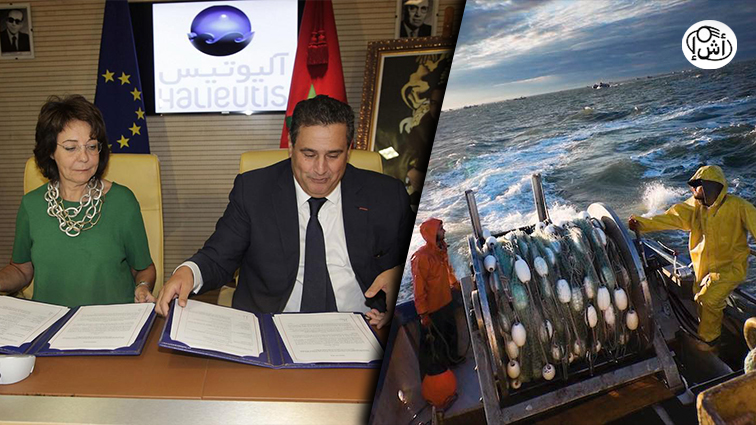The Spanish government has categorically rejected the proposal of the European Union prosecutor to the European Court of Justice to cancel the fisheries agreement between Rabat and Brussels.
Madrid said it was committed to the agreement as legal and not contrary to international norms.
For many European partners, especially Spain, fishing is an important issue, so all indications are that the renewal of this agreement will take place because it is in the interest of both parties.
Spain’s Minister of Agriculture, Fisheries and Food, Luis Planas, said the government reiterates its conviction that the EU-Morocco fisheries agreement is “perfectly legal” and complies with “societal and international law”.
In remarks during a press conference, Planas stressed that he will not comment on the prosecutor’s conclusions but will wait for the ruling of the European Court of Justice, noting that the statements of the EU lawyers sometimes correspond to the rulings but sometimes the opposite.
In this context, the Andalusian military council appeals to the central government to reach a new fishing agreement with the Kingdom of Morocco, considering that the proposal of the EU prosecutor is likely to be the final blow to societal justice.
In this context, the Minister of Agriculture, Fisheries, Water and Rural Development of the Government of Andalusia, Carmen Crespo, defended a new fishing agreement with Morocco because of its impact on the Gulf of Cádiz, expressing confidence that the central government is “informed”.
Manuel Fernandez, president of the Federation of Fishermen’s Unions in Andalusia, announced that they would start the proceedings, and acknowledged his “surprise” at the judicial report that expects the ratification of the invalidity of the fishing agreement with Morocco.
These developments follow the support of EU Prosecutor General Tamara Capita’s decision to annul the fisheries agreement between the EU and the Kingdom of Morocco, and her proposal that the appeals of the European Council and the European Commission be rejected.
In this context, the Moroccan government, through its spokesman, Mustapha Paetas, called on the European Union to work to preserve its partnerships with the Kingdom of Morocco, and to protect it from “provocations and political manoeuvres”.
Via Mauritania and Senegal…establishing a line to transport gas from Nigeria to Morocco
